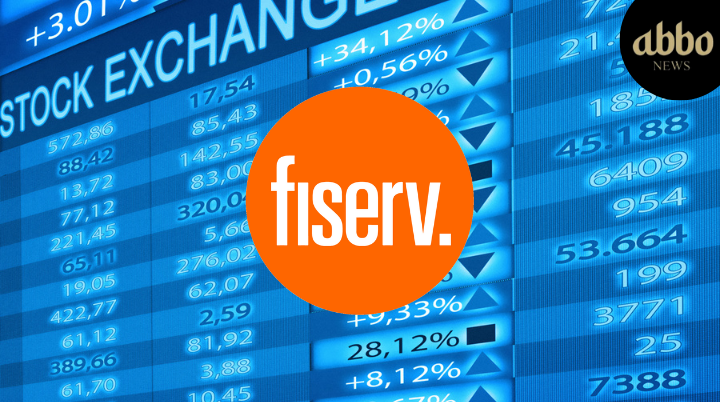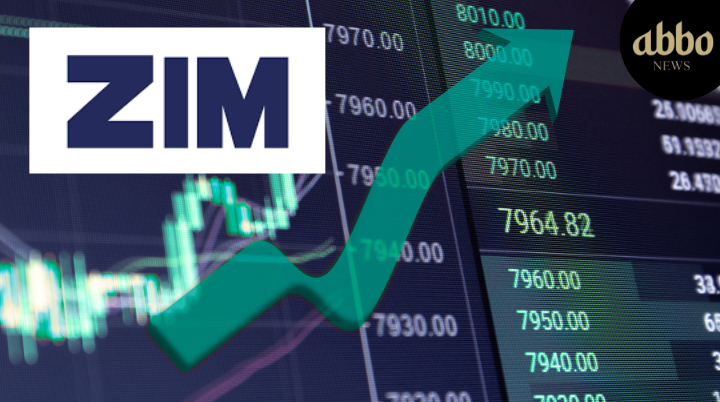SEATTLE – On Thursday, Boeing (NYSE: BA) warned that it expected a fourth-quarter loss of about $4 billion to close a year marred by a production quality crisis, stricter regulatory scrutiny, supply chain delays, and a crippling strike by U.S. West Coast factory workers.
The loss would be nearly triple the size expected by Wall Street. Boeing, which will release its results next week, attributed it to charges at its defense and commercial units, lower jetliner deliveries, and the strike’s effects.
The company forecasts a quarterly loss of $5.46 per share, which equates to about $4 billion, sharply steeper than analysts’ average expectation of a $1.84 per share loss, according to LSEG data.
Boeing (NYSE: BA) shares fell 3.5% in after-hours trading as the company projected quarterly revenue of $15.2 billion, below expectations of $16.27 billion.
After banking record-high profits in the 2010s, Boeing has bled billions of dollars since 2019 after two fatal crashes of its best-selling 737 MAX jet revealed production quality and safety concerns and that the U.S. planemaker had misled regulators during the plane’s certification process.
The COVID-19 pandemic further squeezed the company, and 2024 began with a mid-air panel blowout on a nearly new 737 MAX, sending Boeing into another crisis.
Through the first nine months of 2024, Boeing racked up nearly $8 billion in losses, hammered by a strike by more than 33,000 workers that halted production of its 737 MAX, 777, and 767 planes and by an ailing defense and space division.
Based on Thursday’s quarterly results forecast, the company’s annual loss for the year could rival 2020, when it lost nearly $12 billion, the most in its history.
‘NEAR-TERM CHALLENGES’
Boeing (NYSE: BA) CEO Kelly Ortberg, who took the reins in August, said the company faced “near-term challenges” but had taken important steps to stabilize its business during the fourth quarter.
Those included reaching an agreement in November to end the seven-week strike that allowed it to restart production of the 737, 767, and 777 programs and raising more than $20 billion in capital, he said in a statement.
Boeing Commercial Airplanes expects fourth-quarter revenue of $4.8 billion and an operating margin loss of 43.9%, the company said.
That includes a roughly $900 million pre-tax earnings charge on its 777X program, which the company says is due to higher labor costs from the new contract that settled the strike. Boeing reiterated its plans to deliver the first 777-9 in 2026, several years later than anticipated when it launched the new airplane in 2013.
It also anticipates an approximately $200 million charge on its 767 program.
Boeing’s commercial division delivered 348 jets last year, down from 528 the previous year. New orders for jets in 2024 dropped to less than half as many as Boeing recorded one year earlier, though it had some wins such as flipping Turkey’s Pegasus Airlines, a longtime Airbus customer, with a firm order for 100 737 MAX planes.
Boeing Defense, Space, and Security expects $1.7 billion in pre-tax earnings charges on its five fixed-price development programs: the KC-46 tanker, T-7 trainer, its Starliner capsule for NASA’s Commercial Crew Program, two U.S. presidential aircraft known as Air Force One, and the MQ-25 refueling drone.
The $800 million charge to the KC-46 tanker program, which is based on the 767 airframe, is due in part to the strike, according to the company.
Boeing (NYSE: BA) said the T-7 Red Hawk trainer program will book a $500 million charge due to the U.S. Air Force’s decision on Jan. 15 to delay buying the first production model of its first new trainer in decades to fiscal year 2026.
Boeing’s defense division is expected to book quarterly revenue of $5.4 billion and an operating margin loss of nearly 42%, the company said.













